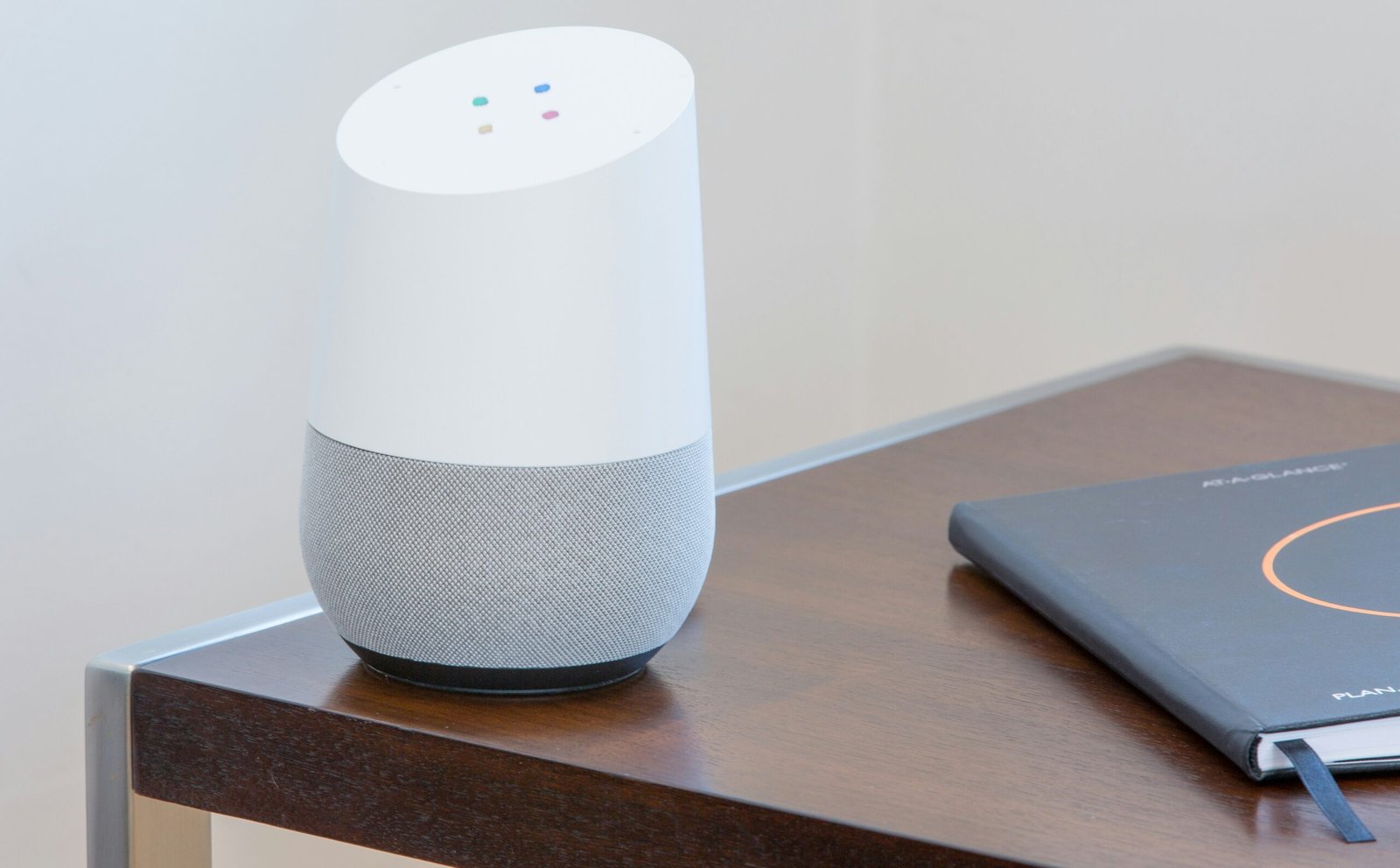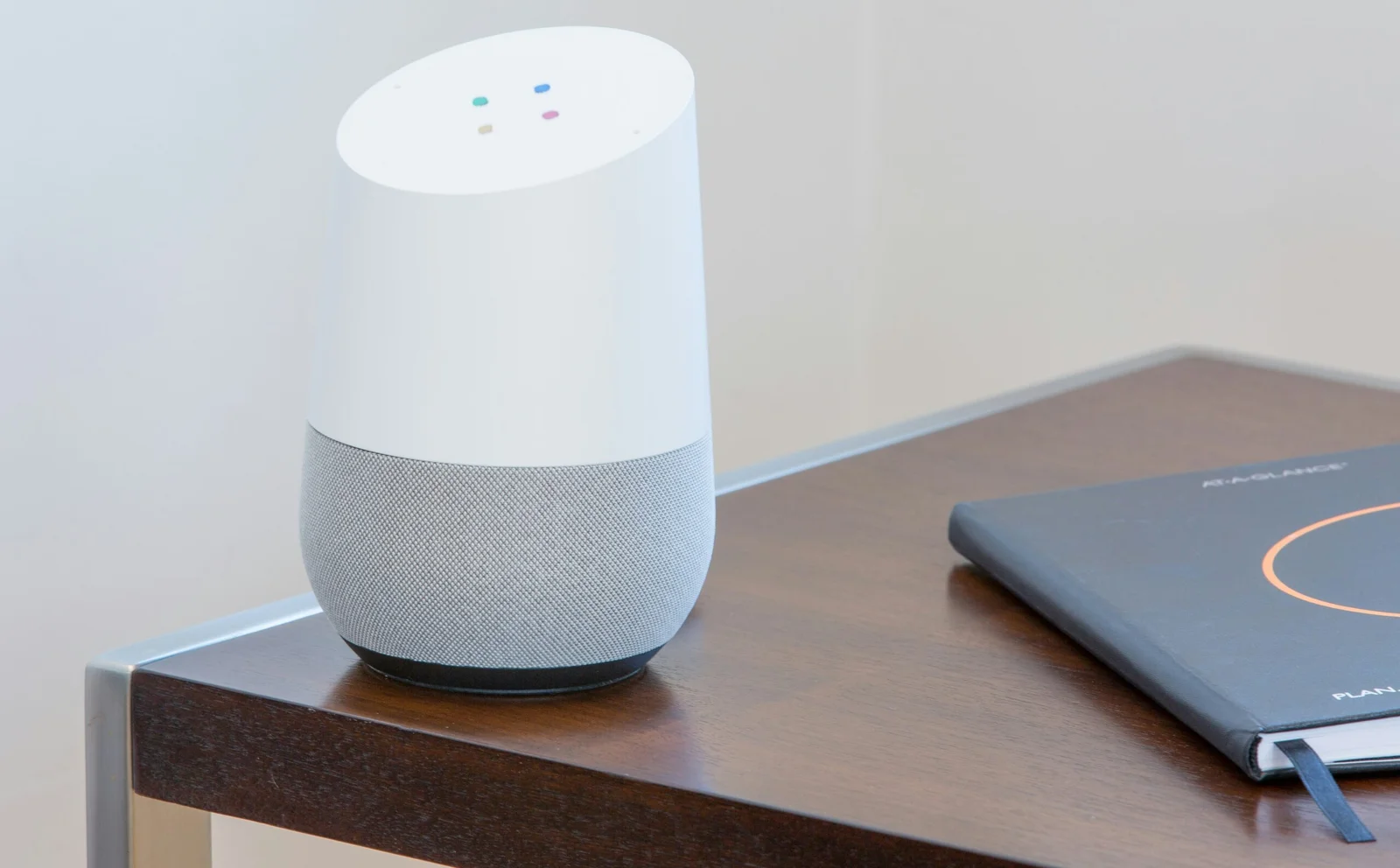Introduction
Home automation is revolutionizing the way we live, making our homes smarter, more efficient, and convenient. As the demand for home automation systems continues to rise, so does the need for businesses in the industry to generate quality leads. In this blog post, we will explore the secrets of home automation lead generation and how businesses can effectively attract and convert potential customers into loyal clients.
Understanding the Target Audience
Before diving into lead generation strategies, it is crucial to understand the target audience. Home automation systems cater to a diverse range of customers, including homeowners, property managers, and businesses. Each audience segment has unique needs and preferences, so it is vital to tailor marketing efforts accordingly.
By conducting market research and creating buyer personas, businesses can gain valuable insights into their target audience’s demographics, interests, pain points, and motivations. This information serves as a foundation for developing personalized marketing campaigns that resonate with potential customers.
Creating Compelling Content
In the digital age, content is king. To generate quality leads, businesses must create compelling content that educates, engages, and entertains their target audience. This can be achieved through various channels, including blog posts, videos, social media, and email marketing campaigns.
When creating content, it is essential to focus on the benefits of home automation systems and how they can enhance the lives of customers. Highlighting features such as energy efficiency, security, convenience, and cost savings can be highly persuasive. Additionally, incorporating testimonials, case studies, and success stories can build trust and credibility among potential customers.
Optimizing for Search Engines
Search engine optimization (SEO) plays a crucial role in generating organic leads. By optimizing website content and blog posts for relevant keywords, businesses can improve their search engine rankings and attract more qualified leads.
Keyword research is the first step in the SEO process. Identify keywords and phrases that potential customers are likely to use when searching for home automation systems. These could include terms like “smart home automation,” “home security systems,” or “voice-controlled devices.” Incorporate these keywords naturally throughout your content, including in headings, subheadings, meta descriptions, and image alt tags.
Harnessing the Power of Social Media
Social media platforms offer immense opportunities for lead generation. Businesses can leverage platforms like Facebook, Instagram, and LinkedIn to reach their target audience and promote their home automation products and services.
Develop a social media strategy that includes regular posting, engaging with followers, and running targeted advertising campaigns. Encourage users to share your content, offer exclusive promotions, and provide valuable information through your social media channels. Remember to include clear calls-to-action that direct users to your website or landing pages, where they can provide their contact information in exchange for valuable resources or offers.
Building Strategic Partnerships
Collaborating with complementary businesses can be a highly effective lead generation strategy. Identify businesses that share a similar target audience but offer different products or services. For example, partnering with a home security company or a smart appliance manufacturer can help expand your reach and generate quality leads.
Consider offering joint promotions, cross-promoting each other’s products, or hosting joint webinars or events. By combining resources and expertise, businesses can tap into new customer bases and increase their chances of generating leads.
Implementing Lead Nurturing Strategies
Lead generation is only the first step in the sales process. To convert leads into paying customers, businesses must implement effective lead nurturing strategies.
Automated email marketing campaigns can be highly effective in nurturing leads. Create a series of personalized emails that provide valuable information, address common pain points, and highlight the benefits of home automation systems. Use marketing automation tools to segment leads based on their interests, behaviors, and stage in the buying journey. This allows for targeted and relevant communication that increases the likelihood of conversion.
Conclusion
Generating quality leads is essential for the success of any home automation business. By understanding the target audience, creating compelling content, optimizing for search engines, harnessing the power of social media, building strategic partnerships, and implementing lead nurturing strategies, businesses can maximize their lead generation efforts and drive sustainable growth.
Remember, lead generation is an ongoing process that requires continuous monitoring, testing, and refinement. By staying up-to-date with industry trends and adapting to changing customer needs, businesses can stay ahead of the competition and consistently generate high-quality leads.







